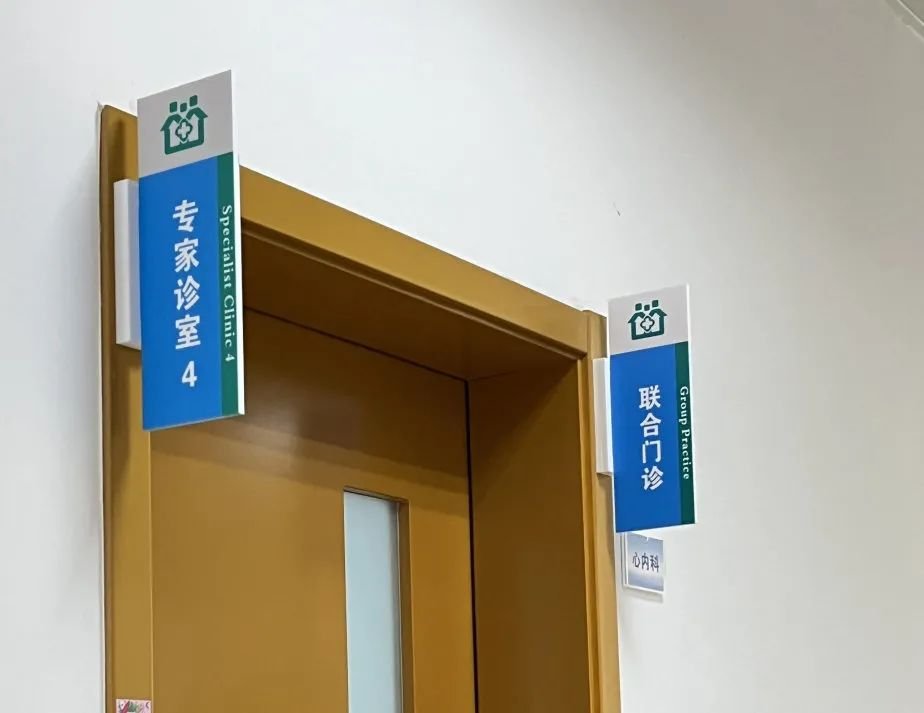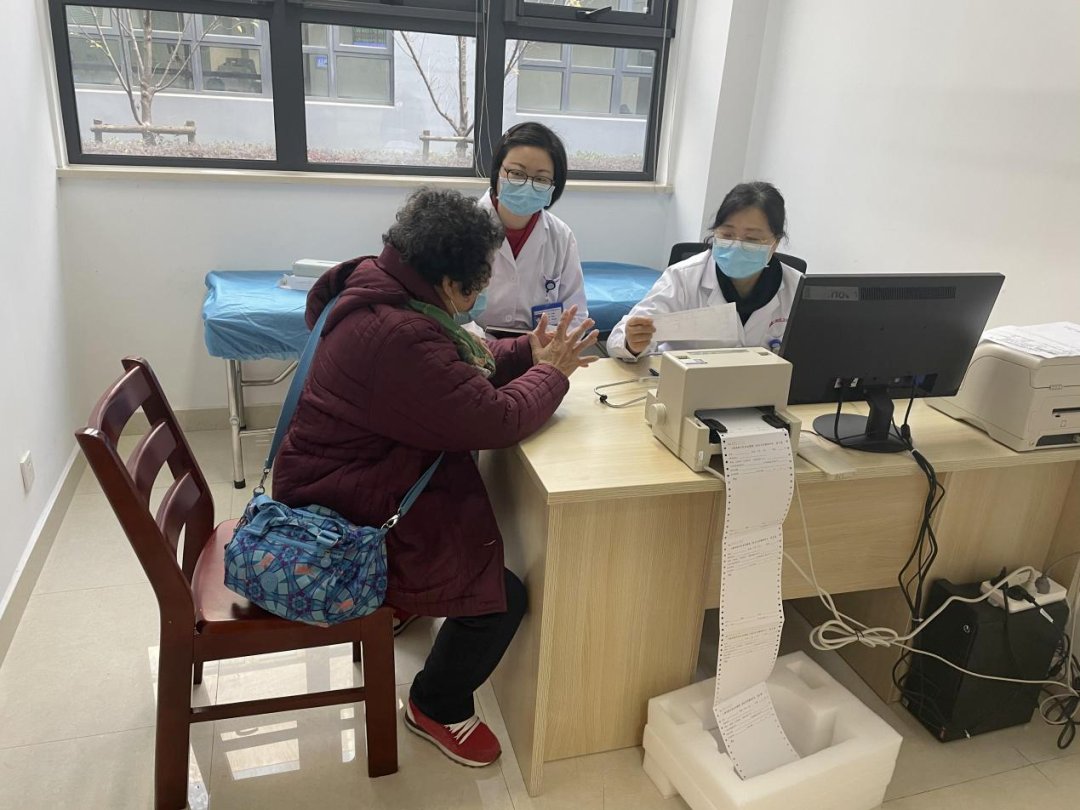The first joint medical outpatient clinic of Sheshan Town No. 2 Community Health Service Center in Shebei University opened recently. Patients who come to the center to see an endocrinologist will find that in addition to the specialist physician, there is also a clinical pharmacist in the consultation room to provide patients with intimate medication guidance services.
Which medicines should not be taken together? Some medicines do not work well after taking them for a period of time, how should I adjust them? Some patients, especially elderly patients with chronic diseases, often suffer from a variety of underlying diseases and need to take more than a dozen drugs every day. For various drug problems, joint outpatient clinics can help patients solve them.

Aunt Zhu, a patient in her 60s, suffers from type 2 diabetes and has a family history. Her parents and siblings were treated with insulin plus oral hypoglycemic drugs, so she followed suit, resulting in erratic blood sugar control and severe insulin allergy. To this end, she came to Sheshan Town No. 2 Community Health Service Center to seek help from endocrinologists. After the experts learned about the situation, let him stop insulin and switch to the oral hypoglycemic drugs glipizide controlled-release tablets, metformin sustained-release tablets, dapagliflozin tablets, sitagliptin phosphate tablets, and pioglitazone dispersible tablets. treatment solutions.

As soon as the treatment plan came out, the clinical pharmacist in the clinic immediately told her: “Take glipizide controlled-release. The tablet must be taken whole and cannot be swallowed; Metformin sustained-release tablets may cause adverse reactions in the gastrointestinal tract and can be taken with meals or half an hour after meals; Dapagliflozin tablets are prone to urogenital disorders Infection, pay attention to personal hygiene during use, bathe frequently, and change underwear frequently. When using hypoglycemic drugs in combination, blood sugar monitoring must be strengthened. While ensuring the hypoglycemic effect, the occurrence of hypoglycemia must be strictly prevented, such as When symptoms such as palpitation, fatigue, tremors, cold sweats, and dizziness appear, the symptoms of hypoglycemia will disappear after only ten minutes of eating.” After the clinical pharmacist explained the medication, Aunt Zhu nodded repeatedly: “The pharmacist participates in the doctor’s clinic. It has solved many of my problems in medication, and made me feel a lot more at ease when taking medication.”
“After the specialist has diagnosed the disease and prescribed the medicine, the clinical pharmacist will take the medicine according to the individual condition of the patient. provide systematic and comprehensive medication management, risk assessment and prevention of adverse drug reactions and other individualized pharmaceutical services.” The relevant person in charge of the Second Community Health Service Center in Sheshan Town said that the endocrinology and medicine joint outpatient clinic allows the center’s clinical pharmacists to move from behind the scenes to the front. , together with specialist physicians, to check the potential risks of patients’ medication, escort the patients’ safe medication, and make the patients’ medication more worry-free, assured and at ease.
Text: Chen Yan
Photo provided by the interviewed unit
Editors: Xue Liangliang, Lu Jia, Zhou Yuwei